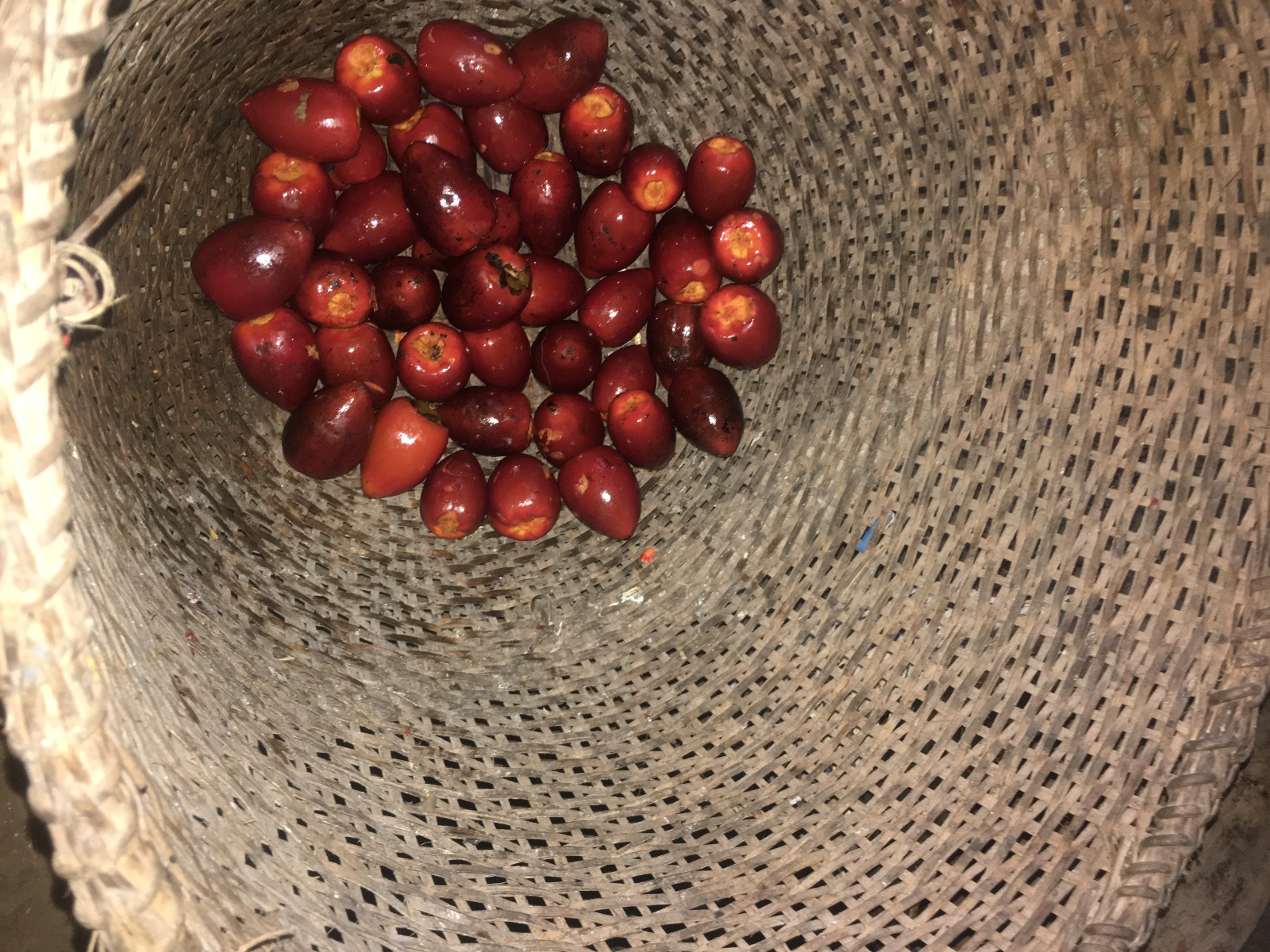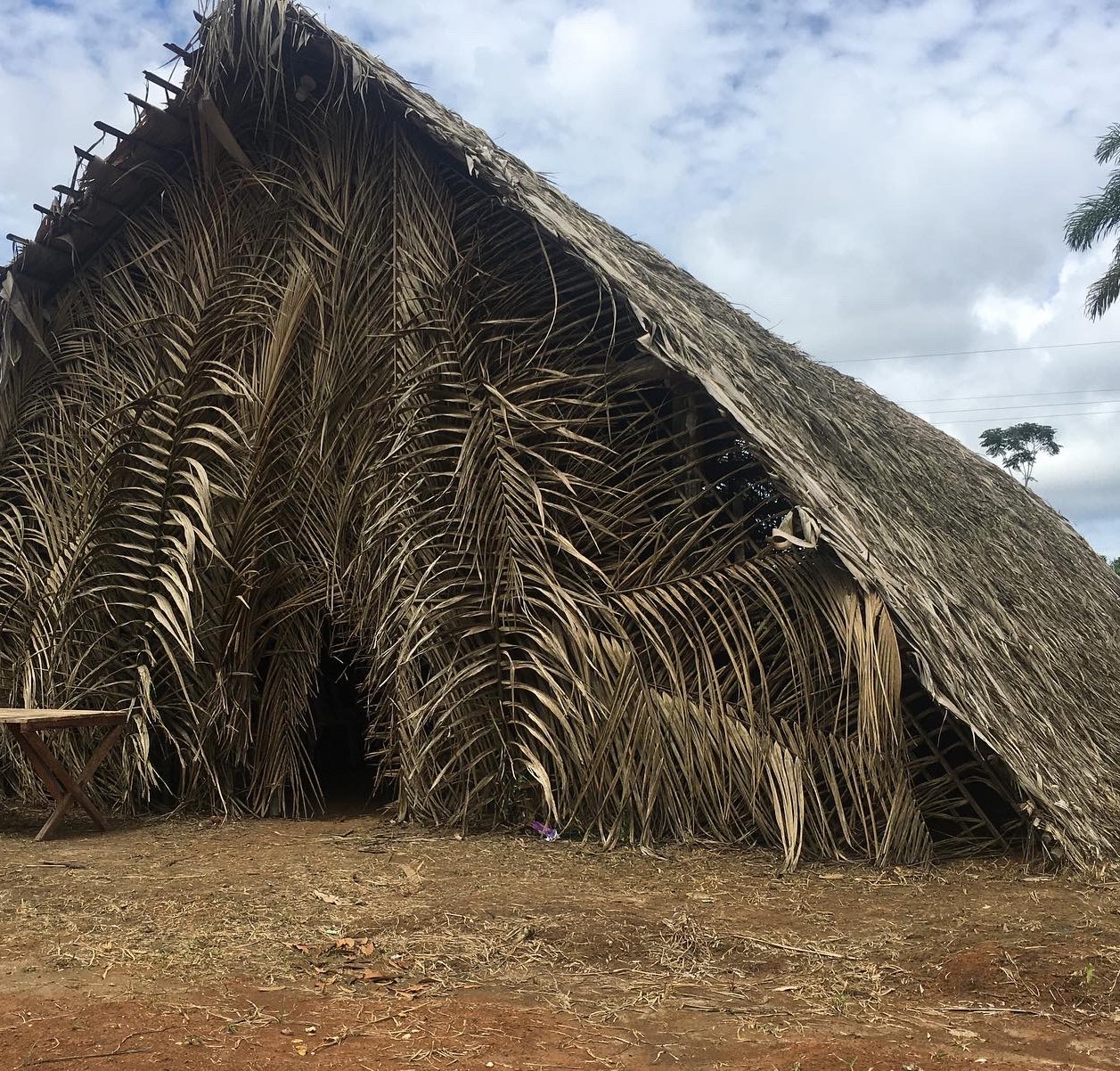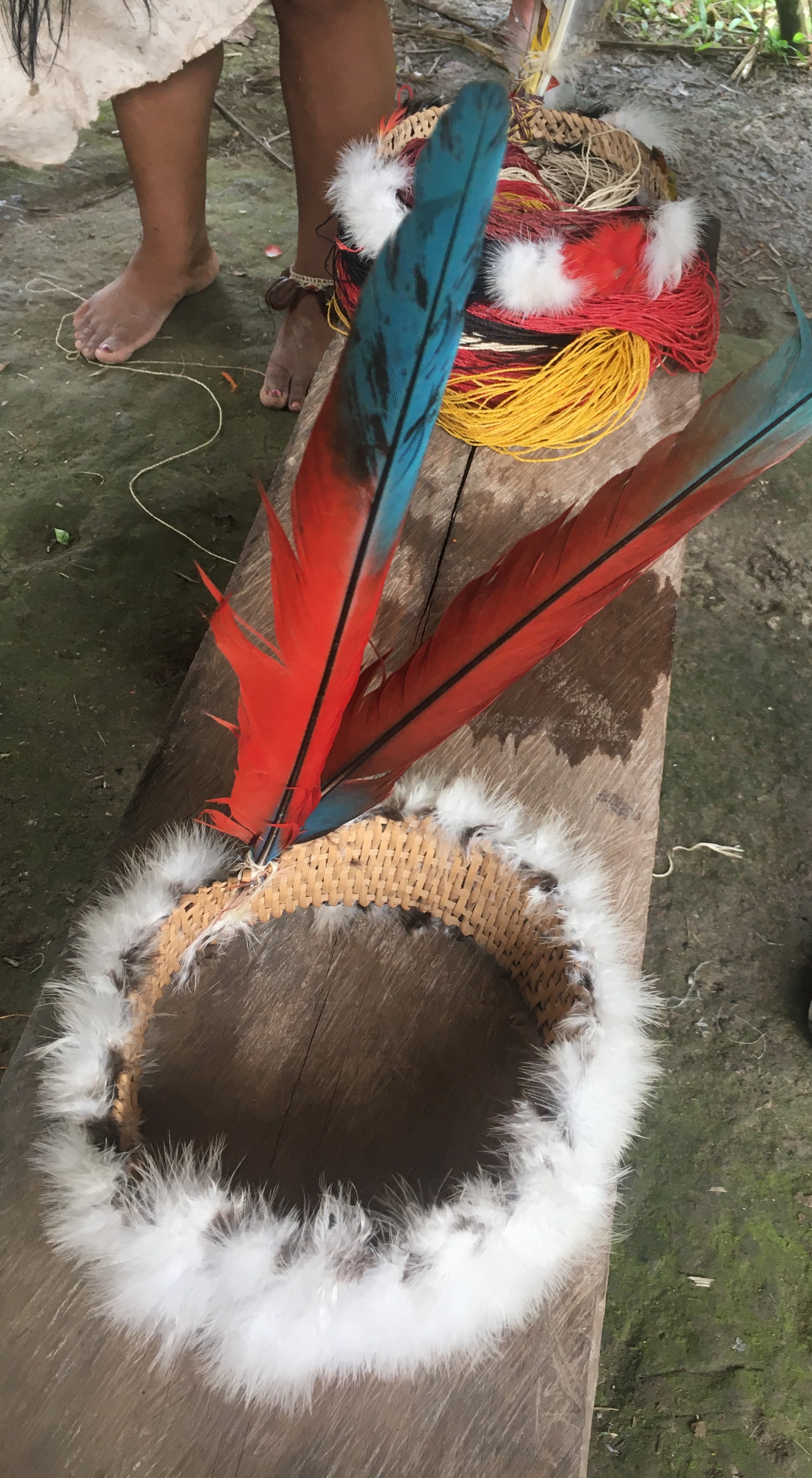Join the Bioentrepreneurship Fair!
From Monday, November 25, to Thursday, November 28, we will showcase an exciting lineup of bioentrepreneurship initiatives as part of the LACA 2024 Bioentrepreneurship Fair. Below, we present the list of innovative projects that promote sustainability and conservation. This is your opportunity to explore groundbreaking ideas, connect with like-minded individuals, and witness firsthand the initiatives shaping the future of biodiversity conservation and sustainable development. Don’t miss out on this transformative event!
1. Tula Rumy: Convivencia intercultural y turismo sostenible
It is a family project that promotes experiential and sustainable tourism alongside 15 families from the San Clemente community, part of the Kichwa Karanki indigenous ethnicity in the Ecuadorian Andes. They offer homestays with local families, cultural activities, hiking, and artisan production, fostering sustainability and strengthening cultural identity.
2. Mishkimama
We work on participatory reforestation with Kichwa communities, planting timber and fruit trees using agroforestry models. To ensure sustainability, we implement ventures based on products from reforested farms, including jams and essential oils made from Ishpink, purchased at fair prices.
3. NatureBooks
We believe nature is our beginning and end. We promote a connection with it through books and educational materials about Ecuadorian biodiversity, identification guides for flora and fauna, and nature-inspired accessories. We also offer a space dedicated to art.
4.Vida y Semilla
We are an agricultural association dedicated to agroecology and the rescue of native seeds. We market seeds of fruits, vegetables, and greens, as well as cacti, succulents, and ecological #######. Most of our members are women in vulnerable situations. We are part of the Seed Guardians Network.
5.POUDER / NATUREL
We promote food sovereignty by freeze-drying fruits and vegetables from local farmers, offering high-quality products without preservatives. Our natural juices, packaged in eco-friendly containers, combine tradition and environmental care.
6.Rostros Salvajes
Rostros Salvajes disseminates knowledge about Ecuadorian biodiversity through scientific and naturalist illustrations. We create products such as postcards, stickers, and t-shirts, emphasizing endemic species, endangered species, and newly discovered species.
7.Turismo Comunitario
We promote community tourism in the Community Protective Forest, located in the CEPLAO community, Arajuno canton, Pastaza province.
8.Asociación de Emprendedores Agroecológicos La Maná
This bio-enterprise fosters sustainable production and fair trade, offering products such as fruit mate drinks, coffee, cocoa jam, cassava, breadfruit tortillas, and more. Everything comes from farms that conserve the forest and respect biodiversity.
9.Sacha Maki
50 artisans from the Kichwa and Waorani nationalities who produce traditional textiles and crafts using natural fibers.
10.Tienda WAO
Waorani handicrafts made from chambira fiber, including earrings, shigras, and baskets, highlighting the cultural value of the community.
11.Grupo de Mujeres (ASOPAME) El Edén
Chonta flour for various uses in Amazonian gastronomy, contributing to the economic development of our members.
12.Daipare Cosméticos Naturales
Natural cosmetics such as creams and shampoos using jungle essences, respecting the environment and promoting health.
13.ChocoSamona
High-quality chocolate from cacao harvested in our territory, ensuring sustainably sourced products.
14.Comunidad Keñao Cerámica
Traditional pottery from the Secoya culture, preserving ancestral techniques and strengthening the cultural legacy of our community.
15.Cury Muyo
Craft carvings of Amazonian animals from balsa wood, an artisanal trade practiced by men and women of the Añangu community.
16.Red Napu Teje
Handmade products made from jungle fibers like pita, ilahuasca, and morete, including baskets, bags, and heritage dolls.
17.Obatawe
Waorani women from the Yasuní who make handicrafts from chambira fiber with natural dyes, such as earrings, necklaces, and baskets.
18. KAMAK SUSTENTABLE
Environmental consulting to design spaces aligned with permaculture and biosphere health. We also promote the use of bamboo and sound therapy with the didgeridoo.
19.Cooperativa de Producción Agrícola Sachayllu-Ecuador
A group of women farmers who sustainably develop the countryside, adding value to native products while respecting local flora and fauna.
20.HONGOS DEL SUMACO
Organic mushrooms with high nutritional and medicinal value, benefiting both consumers and the ecosystem.
21.Caserito Amazónico
Amazonian products with added value, such as coffee, chocolate, mushrooms, and more, promoting the local economy.
22.ASOPROASAMUYU
We transform products like annatto, sacha garlic, and sacha cilantro into spices with added value, contributing to the economy of the Canelos community.
23.Pilchi Lodge
Provide lodging, food, and guided tours near Yasuní National Park, promoting sustainable tourism.
24.Siekonomi
We create ancestral Amazonian hot sauces and cassava-based products, preserving traditional flavors.
25.Bestiarium
Wooden animal sculptures, promoting biodiversity conservation through art.
26.Ömere, texturas de la selva
Tiwino community make baskets using chambira fibers and natural dyes.
27.Illamor
Andean products like amaranth by developing biobars, granola, honey, and snacks that highlight the value of this native resource.
28.YAPIT Emprendimientos
####### using wirework techniques and Amazonian seeds harvested from the forest, promoting sustainable practices.
29. Arte, Biodiversidad y conciencia
Naturalist art in high-quality prints and utilitarian products such as notebooks, mugs, and magnets.
The Bioentrepreneurship Fair is an excellent opportunity to showcase your initiative and make valuable connections in the field of sustainability. We look forward to having you participate! Email scblacacongress@gmail.com with any questions.

 Baskets, headdresses, and housing of the Waorani communities in Yasuní National Park, Orellana & Pastaza, Ecuador.
Baskets, headdresses, and housing of the Waorani communities in Yasuní National Park, Orellana & Pastaza, Ecuador.
©Roberto Narváez

